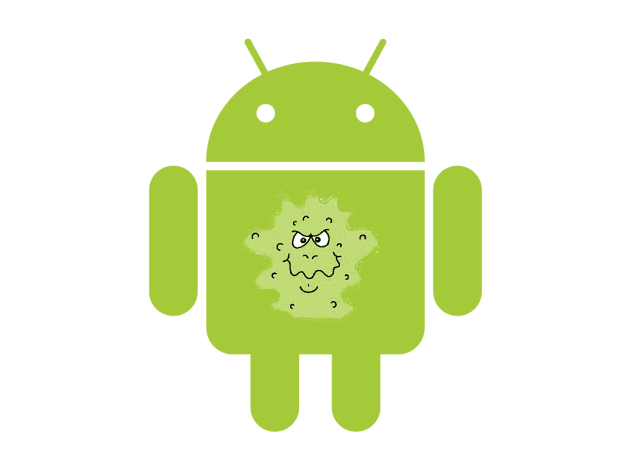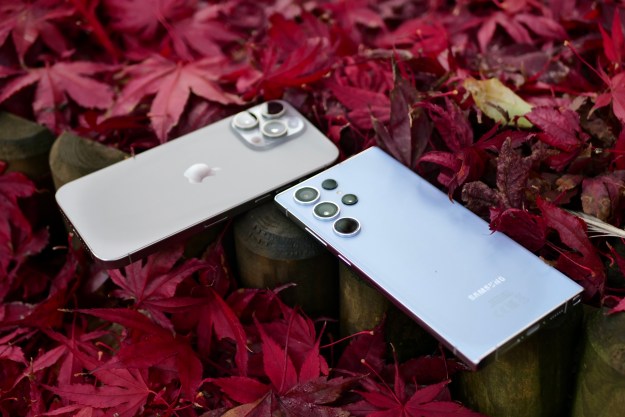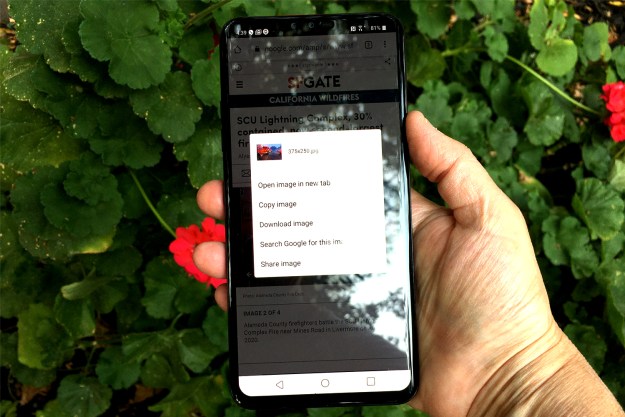
Here we go again: Google has reportedly decided to assist app developers faced with a patent lawsuit from Lodsys. Google, facing another affront to Android, asked the U.S. Patent Office to examine the patents involved in the suit.
In May, Lodsys threatened Android and iOS developers with lawsuits over patent infringement. According to PCMag, Lodsys seems to be nothing more than a patent licensing company, and has used some of the patents in their portfolio to escalate the already-massive smartphone patent war. One of them, patent 7,222,078 covers “Methods and systems for gathering information from units of a commodity across a network,” which is legalese for the systems that control in-app purchases.
More specifically, the patent apparently covers the specific action of in-app upgrade buttons to move from a free version to a paid version of an app. And despite the fact that Apple and Google have licenses for the Lodsys tech, Lodsys says they don’t apply to devs.
Google’s move is now to ask the Patent Office to rule patent 7,222,078 invalid. The company argues that Lodsys never should have even been given a patent for a simple upgrade button.
On the FOSS Patents blog, Florian Mueller wrote that it might not be enough of an effort:
While I agree with Google’s senior vice president and general counsel Kent Walker that those patents should never have been issued, I don’t consider those reexamination requests — unless they will be accompanied by more forceful and useful measures very soon — a serious commitment to supporting Android app developers against trolls. If this is all that Google does, it’s too little, too late, and calling it “half-hearted” would be an overstatement.
Mueller does argue that the request may have positive benefits down the road, even if it proves to be nothing more than a wake-up call for the Patent Office to assess tech patent applications a little more thoroughly, as this situation — an entire industry held hostage by a patent-holding company over an in-app button — is pretty ridiculous. What it really highlights is the new reality in the tech world: never-ending patent wars.
Protection of IP is incredibly important for companies to profit off their innovations. However, the current trend of using patents as weapons, especially by non-tech companies, means manufacturers will be spending more costly time in court and more time finding workarounds for basic tech they’re legally barred from using, which most likely will result in higher prices and fewer choices for consumers.
Editors' Recommendations
- The most common Skype problems and how to fix them
- The 6 best tablets for kids in 2024
- There’s a big problem with the iPhone’s Photos app
- The 10 best photo editing apps for Android and iOS in 2024
- This Google Pixel 8a leak just spoiled everything about the phone


